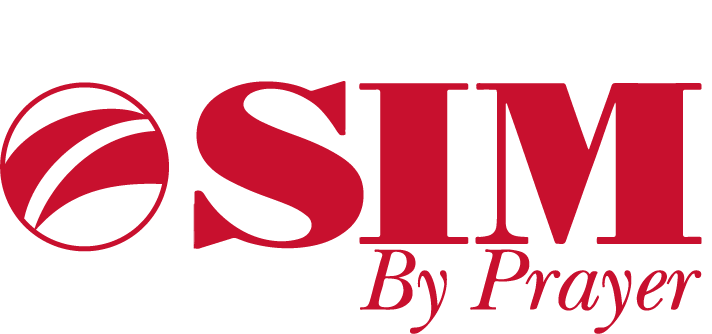COVID increases vulnerabilities for people living with HIV
By Jacqui Croxon | Thailand in Pacific Asia

Representative image. Photo by ckturistando via Unsplash.
Fai* had been living in a major city in Thailand for a number of years. She’d initially arrived as a migrant from a neighbouring country and, at that time, was extremely unwell from the effects of HIV.
By God’s hand, Fai connected with the local SIM Hope for Life ministry, through which she got access to treatment and medication. She made a miraculous recovery and started a new life, managing her HIV well, finding employment and thriving in new community.
When Fai met her current partner, she moved from the city to live in his village, just before the COVID-19 pandemic hit.
Since then, the Hope for Life team had some contact with Fai, but not on a regular basis due to distance and the introduction of COVID restrictions.
Recently, Fai reached out to the Hope for Life team to tell them she had returned to the city. That was when she mentioned she had not taken her antiretroviral (ARV) medication for over three months. ARV medication is a vital part of managing HIV. Taken correctly, ARVs can support people living with HIV to lead long, healthy lives. However, non-compliance or skipping doses can cause issues in the longer-term as the ARVs become less effective.
As a means of protecting its community from COVID-19, the village where Fai was living had imposed strict controls on people entering and exiting. To leave the village and get her ARVs would have required Fai to quarantine for 14 days upon return. This would have kept Fai from working for two weeks. With the necessity of income for food and shelter, Fai had decided to forego her ARVs once her supply had finished.
We praise God that, for now, Fai is not showing any signs of ill health as a result and has resumed taking her ARVs.
Unfortunately, Fai’s story is not an isolated one. SIM’s Hope for Life teams around the globe are reporting many similar stories for people living with HIV whose access to ARVs has been limited or cut off due to COVID lock downs and restrictions.
This issue of access is just one of the inequalities that the COVID-19 pandemic has exacerbated, resulting in further vulnerabilities for already disadvantaged and marginalised communities – a tangible reminder of the need to end inequalities, end AIDS, end pandemics.
Pray with us
- For Fai’s health and continued access to ARV medication.
- For people living with HIV to have treatment and resources available to minimise potential higher impacts they face from COVID.
- For SIM’s Hope for Life network of ministries, as they each raise awareness about HIV, combat stigma, and tangibly love those affected by HIV and related issues.
To contribute to the work of Hope for Life Thailand, visit our donation page, select the country nearest you, and use project number 98382.
*Name changed.
Related stories

Doro Clinic outreach programmes reach the forgotten with care and the gospel
In South Sudan’s Maban County, medical teams from SIM’s Doro Clinic are reaching refugees who can’t reach them, bringing healing, hope and the gospel to the sick, the stigmatised and the overlooked.

Today for Tomorrow is rooting the next generation in Christ across Southern Africa
Today for Tomorrow began with just five children when SIM mission worker Graham, Jessie and Chris Maphosa saw a gap in how children were being discipled. While serving in Zimbabwe, Chris and colleagues developed the T4T training programme to help pastors and teachers share Christ-centered lessons in ways children could understand. Today, the ministry has grown significantly and continues to shine across the region.

Our call to care for the planet goes beyond recycling: lessons on creation stewardship
As a child growing up in Canada, I thought recycling was the best way to help the planet. The world’s problems were much too big for us as children, but finally, there was something we could do as well, right from our home. But my understanding of all my efforts were turned on its head when I chatted with Ian Ratcliff, SIM's Ministry Point Person for Creation Stewardship and Care.

